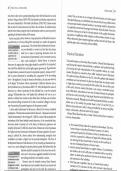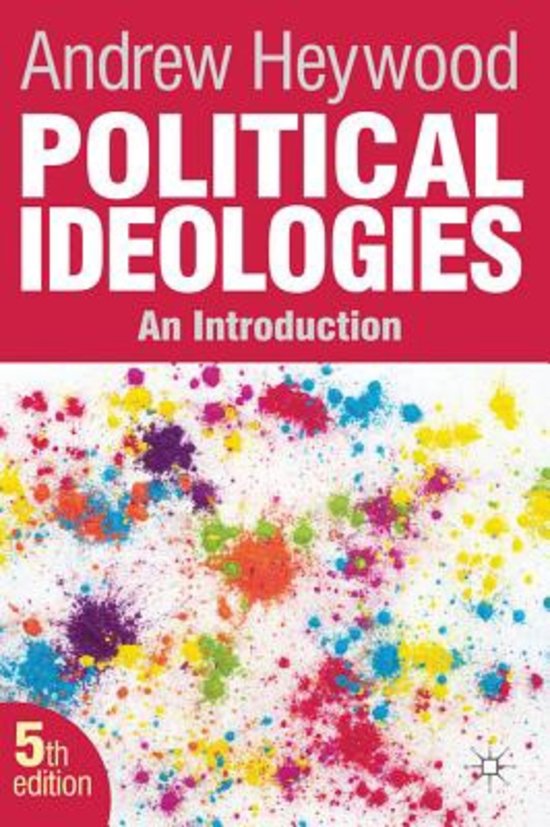Summary
Summary A Chapter ( 8 pages long) of Classical and Modern Liberalism
- Institution
- PEARSON (PEARSON)
- Book
- Political Ideologies
This document is an extract from Andrew Heywoods textbook 'Political Ideologies'. It is 8 pages long and has detailed paragraphs on classical and modern liberalism. Once downloaded I recommend you annotate the pages as I did and make notes in order to get top marks in exams.
[Show more]




